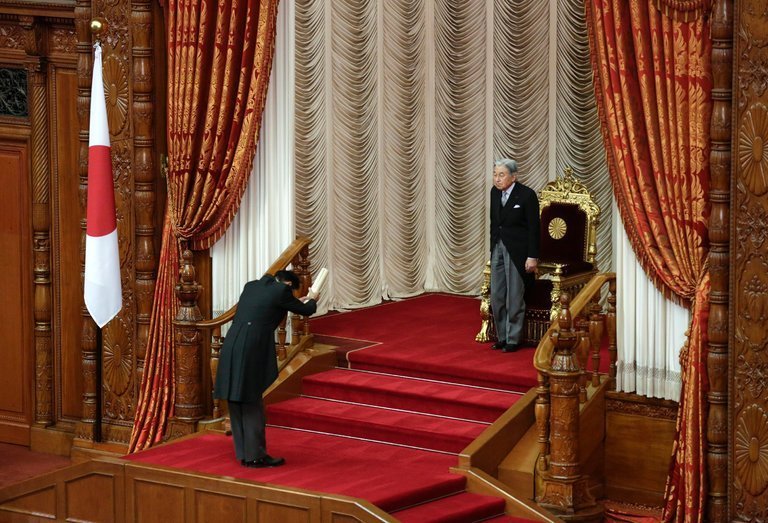Consider researching the de-securitization process of Polkadot tokens

As a reference for Web3 regulation
In the community of the crypto asset (virtual currency) Polkadot, research has been proposed that summarizes the process of token desecuritization in an easy-to-understand manner and uses it as a regulatory guideline.
Polkadot calls the process of tokens, which were considered securities at the time of issuance, progressing through development and diffusion and reaching a stage where they are no longer considered securities as “token morphism” (token transformation theory). . Polkadot announced in November 2022 that its native token, DOT, had succeeded in token morphism and was no longer a security.
connection:Polkadot-Developed Web3 Foundation Says ‘DOTs Are No Longer Securities’
Polkadot is confident that DOT has been desecuritized because it has actively held meetings with the U.S. Securities and Exchange Commission (SEC) since November 2019, and has “deepened our understanding of the SEC’s concerns and We have developed a solution to deal with it,” he said.
Careful attention to token distribution, investment disclosure, marketing and communications suggests that DOTs could be reborn as software, not securities, “when Polkadot reaches true technical decentralization.” According to the Web3 Foundation, which develops and promotes the Polkadot protocol.
By summarizing the regulatory process and results learned during three years of involvement with the SEC, Polkadot hopes to make it a “latest reference book” for dealing with complex Web3-related regulations. is. Regulations are often discussed from a technical standpoint, but the company aims to make the content easy to understand for non-technical stakeholders as well.
Polka dots and research themes
Polkadot is a project that aims to achieve interoperability between different blockchains. PoS (Proof of Stake)-based blockchain co-founded by Ethereum co-founder and former CTO Gavin Wood, led by the Web3 Foundation, which aims to build a decentralized web (Web3.0). ing.
It was developed as a “base layer on which other blockchains can be built” to realize a decentralized internet, rather than competing with Layer 1 like Ethereum or Bitcoin, in a secure and scalable way. , which aims to build a foundation for connecting and communicating with other blockchains.
The proposed research will cover research themes such as:
- About the SEC No Action Letter
- Comprehensive Analysis of Key Cases 2017-2022
- Token Morphism: Concepts and Cases
- Polkadot Case Study: Lessons Learned from Interacting with the SEC
- Best practices for token issuance
- Elucidation of Applicable and Inapplicable Use Cases of Token Morphism in Web3
- A Blueprint for Token Issuance in Parachains
- Extensive Web3 industry-related research findings
- A brief comparative analysis of the crypto regulatory frameworks of the United States and civil law countries
The proponent estimates a budget for the research of about 12 million yen ($92,000).
SEC Enforcement Actions
Following the collapse of major exchange FTX and investment firm Alameda Research, the regulatory scrutiny of the cryptocurrency industry has become even more severe.
Most recently, on the 13th, the New York State Department of Financial Services (NYDFS) ordered Paxos National Trust to stop issuing new US dollar-linked stablecoin Binance USD (BUSD). The company is involved in issuing two types of stablecoins: BUSD and Pax Dollar (USDP). BUSD is a stablecoin with the third largest market capitalization after Tether (USDT) and USD Coin (USDC), and was issued under the authorization and supervision of the NYDFS.
connection:New York State Department of Financial Services Explains Why It Ordered the Suspension of Issuance of the BUSD Stablecoin
The SEC also indicted on the 9th that the provision of staking services by the major US exchange Kraken violated US securities laws. Kraken has reached a settlement with the SEC, agreeing to pay approximately 3.9 billion yen ($30 million), including fines and illegal gains, and to stop providing staking services in the United States.
connection:US SEC: Kraken’s cryptocurrency staking service violates securities laws
Although Polkadot claims to have successfully negotiated with the SEC, the SEC has not publicly acknowledged that Polkadot is a non-securities. Until now, there have been many cases in which many cryptocurrency companies, such as US Ripple Inc. and major US exchange Gemini, have been sued without prior notice despite having long-term “dialogues with the SEC.” that should be kept in mind.
The TRON Grand Hackathon 2022 Returns for Season 2
Understanding the Tokenomics of ZNT: DeFi protocol Zenith’s official token
Consider researching the de-securitization process of Polkadot tokens Our Bitcoin News.


